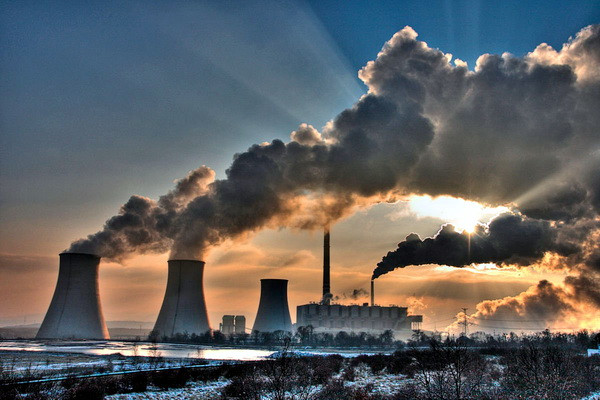

What will be the new requirements and what should we be doing now is the focus of the Five-day workshop which brings together industry, environmental consultants, and the regulators to envision the upcoming requirements for the different industries, the available technologies and their best use with the objective of increasing industry’s preparedness to face the impending changes. By taking part in this workshop, you will enhance your understanding of the potential regulatory compliance requirements to implement the emission reductions.
By the end of this course delegates will be able to:
This interactive Training will be highly interactive, with opportunities to advance your opinions and ideas and will include;
Module I
Introduction, Workshop Preview, Learning Outcomes and Assessment method
Regulation – Air Quality and Chemicals Management
Permitting and Projects – Air Emissions Requirement
Emissions Measurement I - Source testing
Emissions Measurement II - Continuous emissions monitoring (CEM) systems
Emissions Calculation
Group Exercises
Module II
Issues in Impact Assessment
Ambient Air Quality Monitoring
Modeling Air Quality
Dispersion Modeling
GHG Assessment
Emissions Reporting
Module III
Emissions Reduction and Control
Integrating Emission Control Design
Issues around Particulate
Combustion and Combustion Gases
VOCs and Odour
CDGA Consultant Certificate will be issued to all attendees completing minimum of 75% of the total tuition hours of the workshop.
| Code | Date | Venue | Fees | Register |
|---|---|---|---|---|
| HSE250-01 | 19-01-2026 | Kuala-Lumpur | USD 5950 | |
| HSE250-02 | 17-05-2026 | Amman | USD 5450 | |
| HSE250-03 | 16-08-2026 | Casablanca | USD 6950 | |
| HSE250-04 | 22-11-2026 | Dubai | USD 5450 |

Industry will be facing increasingly stringent requirements to monitor air emissions to meet current regulations and the increasing pressure coming from enhanced public awareness. What will be the new ...

Industry will be facing increasingly stringent requirements to monitor air emissions to meet current regulations and the increasing pressure coming from enhanced public awareness. What will be the new ...
.jpg)
An integrated management system brings benefits to the organisation in which it is used. Where formal management systems have been implemented separately (e.g. Health and Safety, Environment and Quali ...

The environmental “command and control” compliance philosophy continues to dominate the government policy agenda, and the only way to avoid liability for non-compliance is to thoroughly understand reg ...
Providing services with a high quality that are satisfying the requirements
Appling the specifications and legalizations to ensure the quality of service.
Best utilization of resources for continually improving the business activities.
CDGA keen to selects highly technical instructors based on professional field experience
Since CDGA was established, it considered a training partner for world class oil & gas institution
3012, Block 3, 30 Euro Business Park, Little Island, Co. Cork, T45 V220, Ireland
Mon to Fri 09:00 AM to 06:00 PM
Contact Us anytime!
Request Info